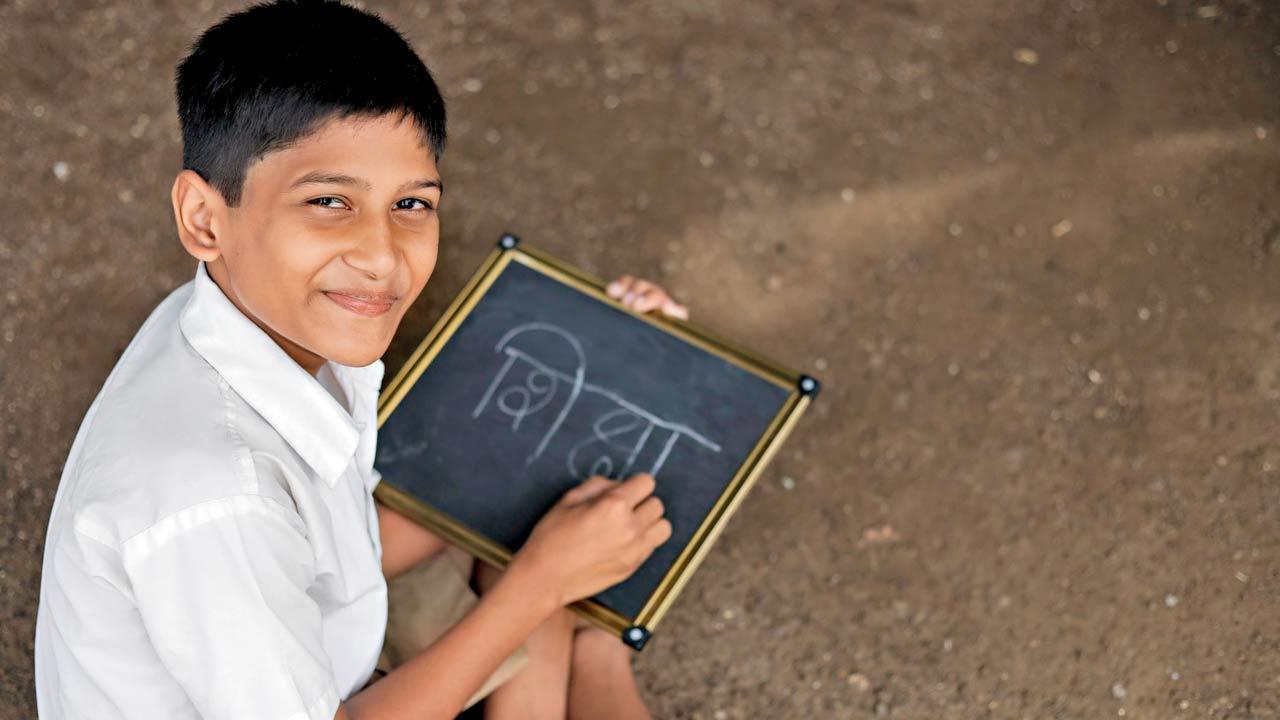BJP stands to benefit politically for fulfilling longstanding demand; Bengali, Pali, Prakrit, Assamese languages are also part of the elite club

According to a government release, classical languages serve as a custodian of Bharat’s profound and ancient cultural heritage. Representation pic/ISTOCK
In a significant decision ahead of the Maharashtra Assembly poll, Marathi has been accorded classical language status. The Union Cabinet approved the move on Thursday. In addition to Marathi, Bengali, Pali, Prakrit and Assamese are also classical languages now. With this Cabinet decision, the number of languages that have the status will be 11. Earlier, only six languages—Tamil, Sanskrit, Telugu, Kannada, Malayalam and Odia—had this tag.
ADVERTISEMENT
The decision is politically important considering the Marathi asmita (pride) that will be on full display in the Assembly elections. The demand for a classical status was longstanding and now the BJP can take credit for it. According to a government release, classical languages serve as a custodian of Bharat’s profound and ancient cultural heritage, embodying the essence of each community’s historical and cultural milestone.
The Union government said that a proposal from the Maharashtra government was received in 2013. During the inter-ministerial consultations on the draft note for cabinet in 2017 for conferring classical status to the Marathi language, the Ministry of Home Affairs advised the revision of criteria. The PMO stated that the ministry may conduct an exercise to find out how many other languages were likely to become eligible. In the meantime, proposals from Bihar, Assam, West Bengal were also received for conferring classical language status to Pali, Prakrit, Assamese and Bengali.
Accordingly, the Linguistics Experts Committee (under Sahitya Akademi) in a meeting on July 25 unanimously revised the criteria. The Ministry of Education has taken various steps to promote classical languages. Three Central Universities were established in 2020 through an Act of Parliament for the promotion of Sanskrit. The Central Institute of Classical Tamil was set up to facilitate the translation of ancient Tamil texts, promote research and offer courses for university students and language scholars of Tamil.
To further enhance the study and preservation of classical languages, centres of excellence for studies in Classical Kannada, Telugu, Malayalam, and Odia were established under the auspices of the Central Institute of Indian Languages in Mysuru. In addition to these initiatives, several national and international awards have been instituted to recognise and encourage achievements in the field of classical languages. Benefits extended to classical languages by the Ministry of Education include national awards for classical languages, chairs in Universities and centres for the promotion of classical languages.
Major impact
The classification of tongues as classical language will create significant employment opportunities, particularly in academic and research fields. Additionally, the preservation, documentation, and digitisation of ancient texts of these languages will generate jobs in archiving, translation, publishing and digital media.
 Subscribe today by clicking the link and stay updated with the latest news!" Click here!
Subscribe today by clicking the link and stay updated with the latest news!" Click here!







